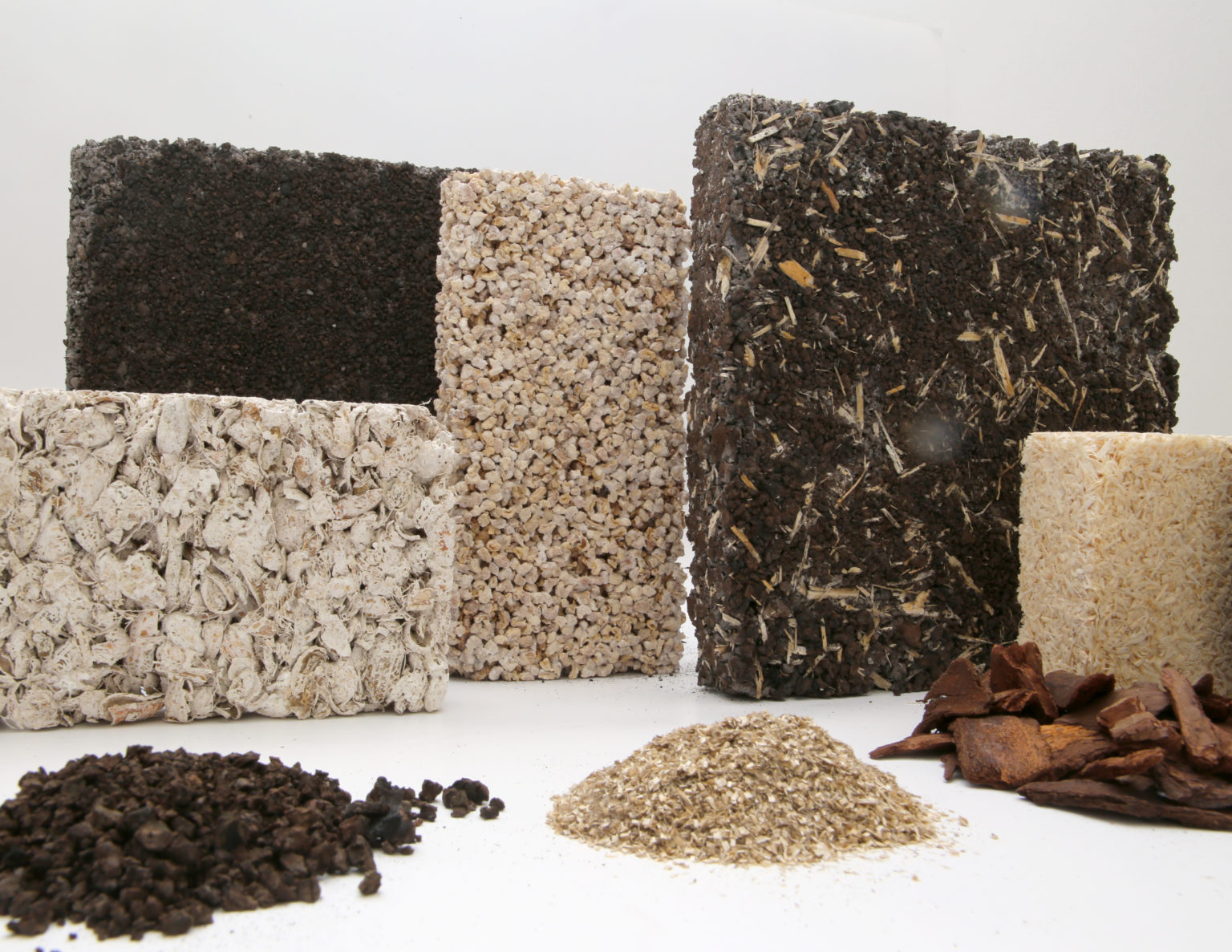
Fraunhofer Institute has developed a new bio-based facade insulating material that it says could replace polystyrene insulation boards.
According to the organization, polystyrene foam boards (PS) are the most common insulation material, used in more than 90% of all thermal insulation composite systems (TICS). While up till now bio-based alternatives are associated with manageability and price issues, Fraunhofer says that its OrganoPor bio-based hybrid material is price-competitive to PS boards. The resulting boards also behave in fires in the same way as current polystyrene foam hybrid materials. The boards are reportedly made of use residual and waste materials such as cork and corncobs, waterborne resins based on lignin, and mineral fillers as flame retardants. To manufacture the panels, the porous particles of renewable raw materials are coated with a bio-based duromer, which includes a mineral flame retardant, and are then pressed. Component densities of 120 kg/m³ and thermal conductivities of 40 mW/m K have been achieved, and the material’s open-pored structure provides control of water vapor diffusion.
This story uses material from Fraunhofer, with editorial changes made by Materials Today. The views expressed in this article do not necessarily represent those of Elsevier.



